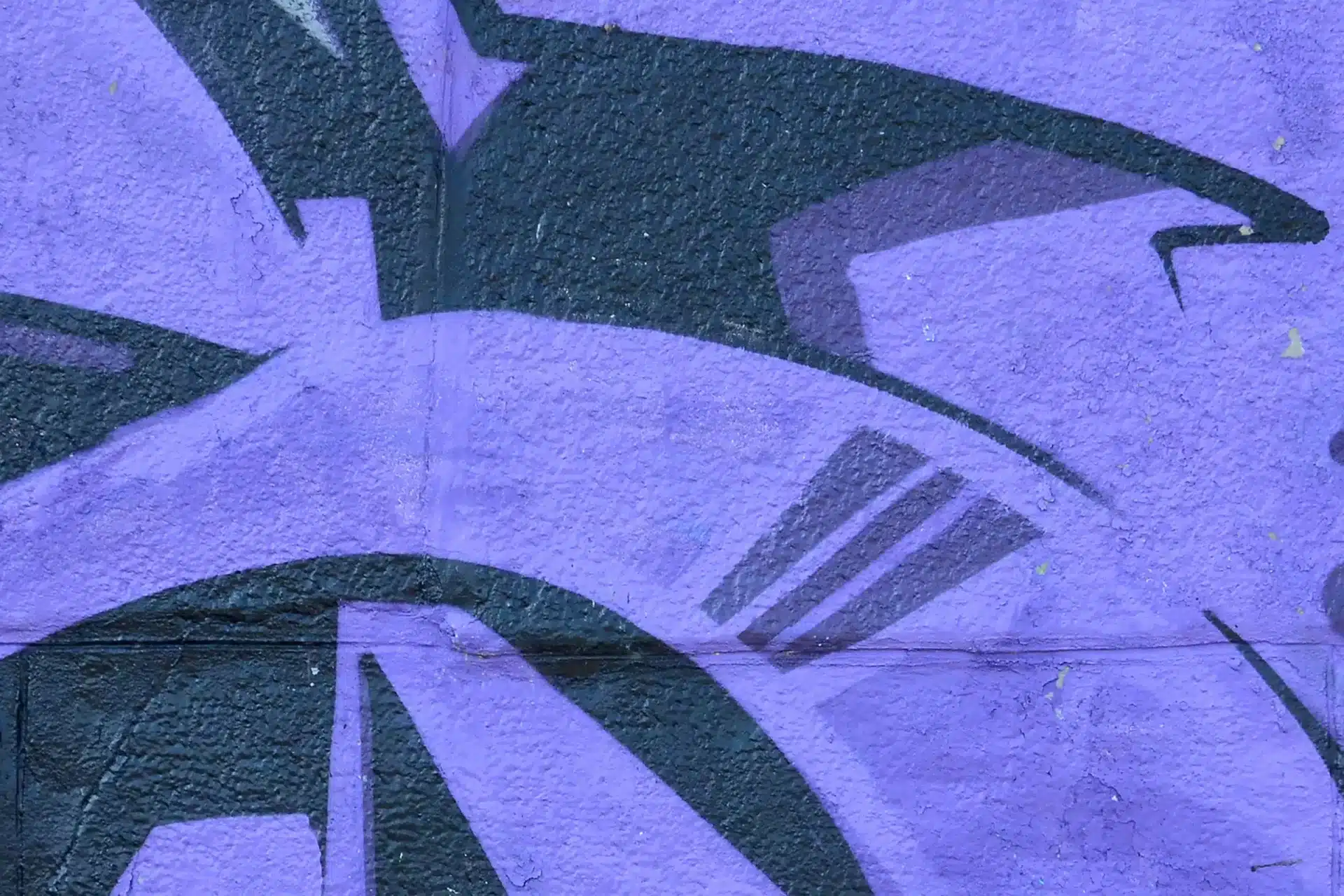Introduction
Paganism is often misunderstood, and its terminology can be especially confusing. With the rise of the internet and the sharing of ideas in online spaces, terms associated with pagan beliefs and practices have evolved. In this article, we will explore some common phrases found in a ‘Pagan Urban Dictionary,’ shedding light on their meanings and usage.
Understanding Paganism
Paganism is an umbrella term that covers a variety of spiritual paths not aligned with major world religions such as Christianity, Judaism, or Islam. It includes traditions like Wicca, Druidry, Heathenry, and others that honor nature, the earth, and a pantheon of deities.
Common Terms in the Pagan Urban Dictionary
Here are several terms you might encounter in discussions about paganism:
- Grounding: A practice of connecting to the Earth to release excess energy or stress.
- Divination: The practice of seeking knowledge of the future or the unknown by supernatural means, such as tarot readings or scrying.
- Coven: A group of witches who come together for rituals and to share knowledge.
- Wheel of the Year: A series of seasonal festivals celebrated in many pagan traditions, marking the changing seasons.
- Eclectic Paganism: A form of pagan practice that draws from various traditions and incorporates diverse beliefs and rituals.
Examples of Usage
Understanding these terms can provide insight into conversations around paganism. For instance:
- A practitioner might say, “I’m feeling anxious, so I’m going to spend some time grounding under my favorite tree.” This indicates they plan to connect with nature to relieve stress.
- During a community gathering, a witch might announce, “We will conduct divination to seek guidance for the upcoming months,” highlighting the ritualistic aspect of this practice.
Case Studies: Modern Pagan Practices
To further understand these terms in context, consider the following examples:
Case Study 1: A Local Wiccan Circle
A small town in Oregon has a Wiccan circle that meets monthly. Before each meeting, members participate in grounding exercises, sharing how it enhances their spiritual focus. They celebrate the Wheel of the Year with seasonal rituals, demonstrating the term’s significance.
Case Study 2: Online Pagan Communities
With the advent of social media, eclectic pagans have formed online communities where they share rituals and traditions. Someone might post, “I’m blending Celtic and Hellenistic practices in my altars—anyone else do eclectic work?” This showcases the flexible nature of modern paganism.
Statistics on Paganism
Paganism is on the rise in the United States and other countries. According to the Pew Research Center:
- As of 2020, approximately 1.5 million Americans identify as pagan.
- This demographic has seen a growth rate of over 300% since 1990.
This significant increase has brought more visibility and acceptance for pagan practices, along with a demand for clearer definitions and understandings of the associated terminology.
Breaking Down Stereotypes
The use of terms in the Pagan Urban Dictionary can help combat common misconceptions. Many people associate paganism with outdated stereotypes of witchcraft and evil. However, understanding the terminology can foster a more accepting dialogue and encourage community-building.
Conclusion
As more people explore and embrace paganism, the need for a Pagan Urban Dictionary becomes essential. Clear definitions and understanding of terminology foster respect and comprehension among practitioners and outsiders alike. By sharing knowledge and terminology, we can work towards dismantling stereotypes and promoting inclusivity in spiritual communities.






